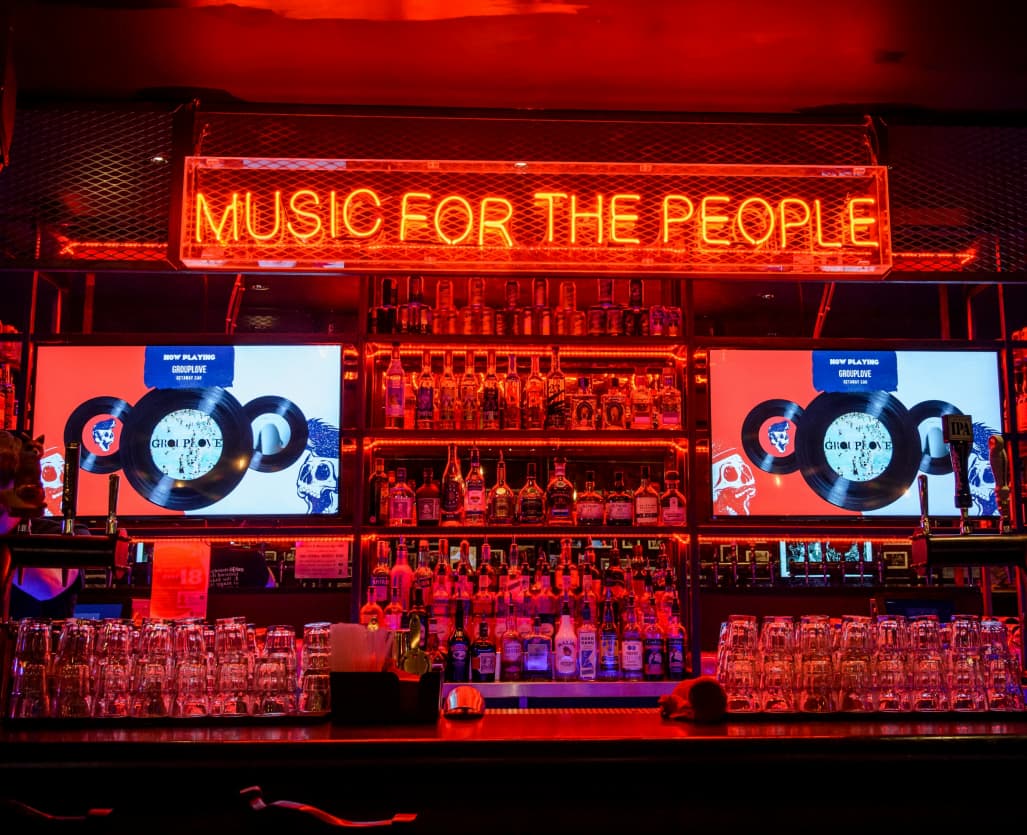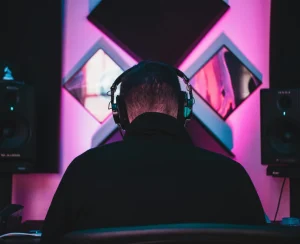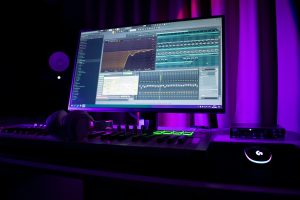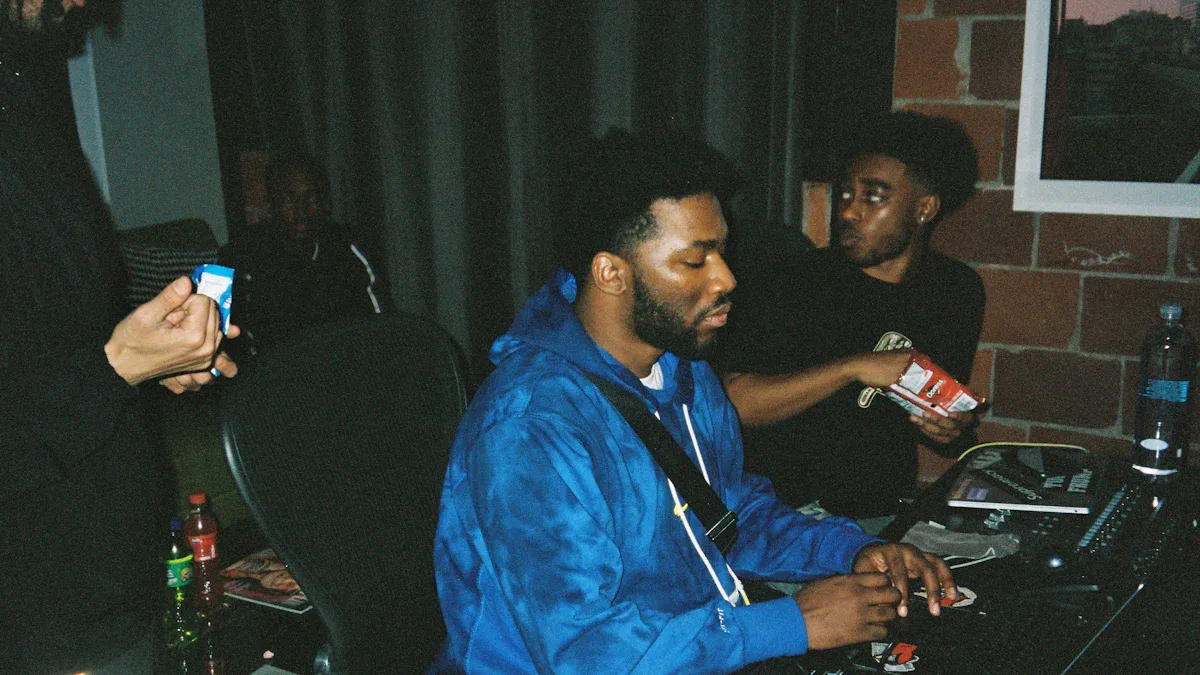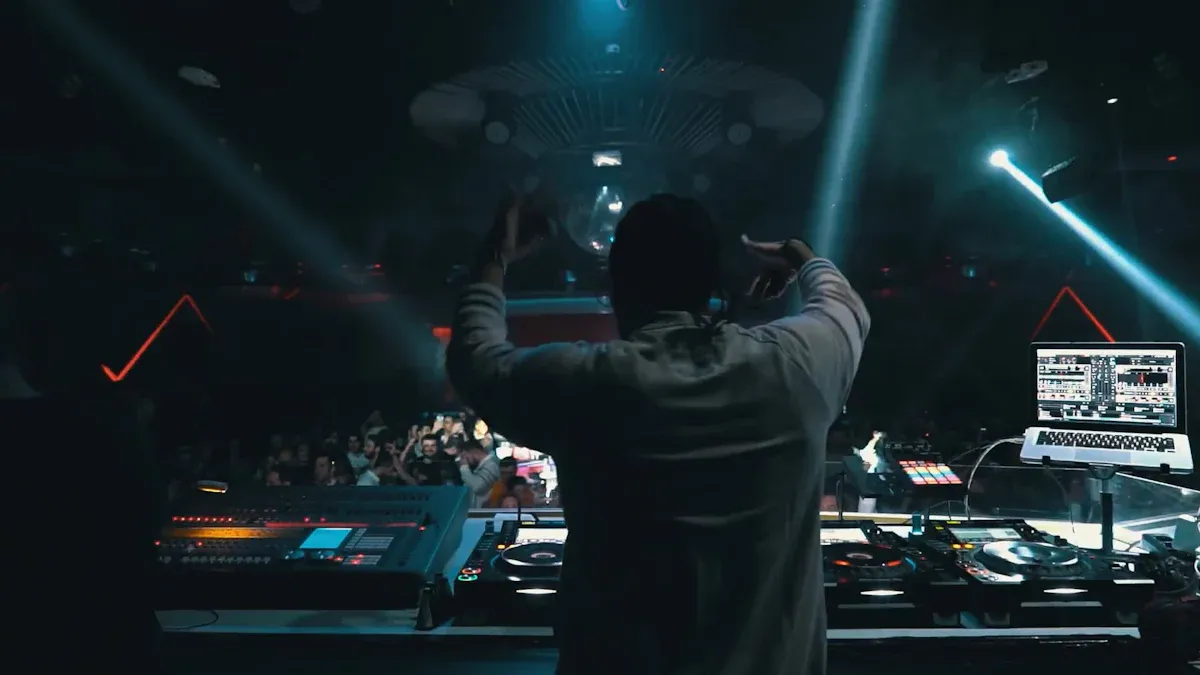Every industry, including music, is being transformed by the increasing use of AI in our daily lives. The usage pattern completely follows that of the general-interpretive process-from suggesting playlists for the next best favorite song to writing orchestral symphonies. Tools like AIVA, OpenAI’s MuseNet, DeepSeek, and Google’s MusicLM do not anymore refer to AI-assisted music composition but instead, to AI composing that music itself.
So, what exactly does AI do in music today? More importantly, where are the limits?
The creation of the music method by digitization veers towards the premise that it makes the line between human and machine-wrought products increasingly fuzzy. But beyond this, it raises eerie issues about creativity, originality, and really what music is as an emotional language, while opening doors to new avenues of exploration for musicians, producers, and listeners alike.
This article will consider what AI can or cannot do with music, and whether or not it is indeed possible for AI to create original compositions.
What AI Can Do in Music
AI Composing: Creating Instrumental Music
AI in music today encompasses a whole host of creative and technical areas, from composition through production to performance and music discovery. One of the noteworthy features on the AI side is the creation of instrumental music compositions. AIVA, Soundraw, Amper Music, and DeepSeek can generate entire tracks in response to various user inputs like genre, mood, or instrumentation. These platforms are trained on existing compositions and learn patterns in structure, rhythm, harmony, and style to produce original works that give the impression of being coherent and human-made.
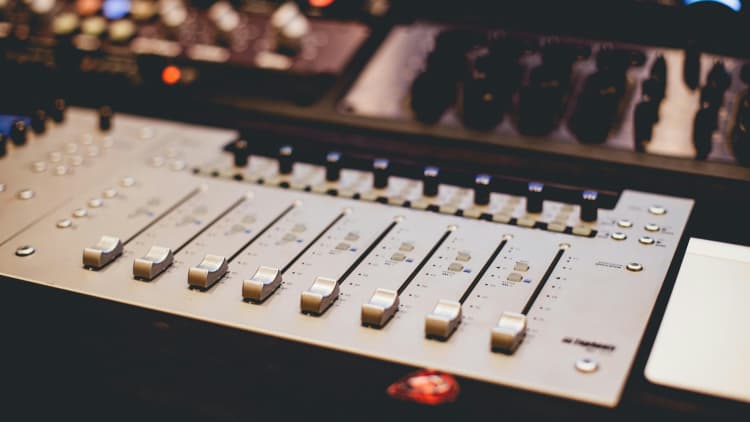
A final user can also tweak parameters like speed or emotion to customize the outputs; hence, these tools can quickly create film score, background music, podcast intros, royalty-free music for commercial purposes, or even songwriting demos for inspiration.
AI-Assisted Lyric Writing and Melodic Ideas
Writing song lyrics with the help of AI has become more common. AI also helps musicians by giving ideas for melodies and harmonies. Tools like MuseNet and Google’s Magenta Studio can create music from just a few bars. These tools are useful when musicians feel stuck or want to try new styles. Some programs work like “autocomplete” for songs, adding more music that matches what the user started.
AI in Mixing and Mastering
This is where AI comes along to change the mixing and mastering of music. Automated mastering is done by services like LANDR, iZotope Ozone, and CloudBounce with reasonably good results via adjusted EQ, compression, stereo width, and loudness, marrying technical expertise with artistry while delivering a really polished product. They do not intend to replace professional mastering engineers; clearly, they can be cherished by independent musicians in a tight budget and time frame.
Voice Synthesis and Vocal Emulation
Now this is yet another impressive area: voice synthesis and emulation. Platforms like Voicemod, Synthesizer V, or Google’s Lyrebird create vocal performances from lyrics typed on a page, and often offer customizable tones. Some tools even replicate famous singers’ voices and create viral deepfake songs sounding like they feature artists such as Drake, The Weeknd, or Kanye West, raising both creative possibilities and ethical questions.
In listening and discovering new music, streaming services like Spotify, Apple Music, and YouTube Music are capitalizing on the ability of artificial intelligence for personalized music recommendations. The systems study how a listener interacts with music, for example, the frequency with which music is played, skipped, or simply not liked by a listener, in addition to listening preferences in terms of different genres, to recommend personalized playlists. Some AI models even intend to predict possible hits by collating sonic features that are commonly around songs that top the charts.
Real-Time Collaboration and Music Co-Creation
And finally, real-time collaboration tools are making music writing more progressive and easily accessible through the use of AI. With apps such as Endless, Splash Music, and Humtap, one can play with an AI-generated beat, loop, or melody; thus, music-making turns into a collaborative improvised performance. These platforms share the line between user and machine, delivering an exciting and immersive experience in exploring real-time musical creativity.
What AI Can’t Do in Music?
AI has advanced considerably in creating music, yet it is still not possible to match the emotion and human feel that genuine musicians provide. There are several significant reasons why AI is short of the mark with really meaningful music.
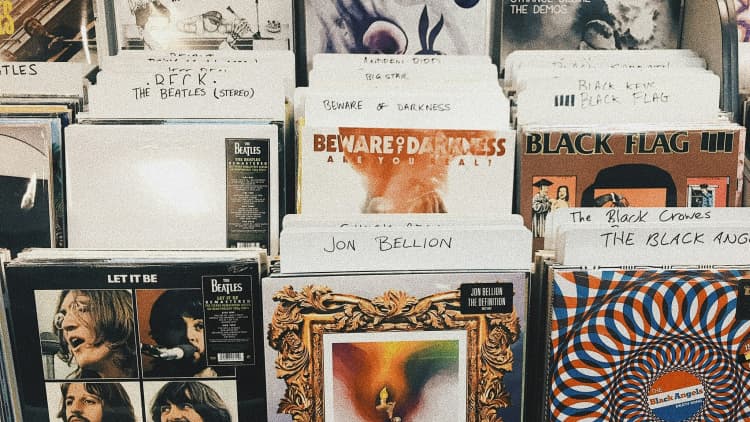
First of all, AI does not experience emotions. It may be able to make the tone of a song sound sad or happy, but it does not experience those emotions. It has not experienced heartbreak, joy, or suffering. Human artists incorporate their own life experiences and feelings as they work on music, and that’s what brings songs to life—something which AI simply cannot reproduce.
Missing the Soul Behind the Sound
Another large issue is that AI doesn’t get culture or history. Lots of songs are influenced by significant events, traditions, or social movements. Protest songs, church songs, and folk songs frequently have profound meaning. AI can make similar noises, but it doesn’t comprehend the actual stories behind them. That makes its music sound shallow or out of touch.
AI also struggles with being original. It learns from music that already exists and tries to create something new, but it usually ends up mixing things we’ve already heard. Real creativity often comes from breaking the rules and trying bold new ideas. That’s how styles like jazz, punk, and hip-hop started. AI doesn’t do that—it just tries to follow patterns and make things that are safe.
Live music is another place where AI lags behind. Human musicians can improvise off one another, react to the audience, and alter the music in the moment. This type of real-time creativity is what makes live performances so thrilling. AI can’t respond in the moment like that—it’s not really interactive.
The Limits of Machine-Made Music
There’s also the question of ethics and law. AI doesn’t know right from wrong. It may inadvertently plagiarize someone else’s music, use profanity or insults, or mimic a real artist without permission. Without humans monitoring it, AI can easily go over the line.
Lastly, music can heal and unite individuals. It may be comforting during troubles, assist individuals in celebration, or convey religious emotions. Starting from old hymns to the present day, when music therapy has become an acknowledged practice, music created by man has touched human hearts at all times. AI may ring music, but it cannot create a profound emotional bonding that stems from a human soul.
Ultimately, AI is an excellent instrument for creating music, but it remains short of the emotion, significance, and human spark that render music truly extraordinary.
Can AI Create Unique Music?
AI can create music that feels novel and sometimes pleasantly surprising, but whether it’s truly original depends on your perspective. Since it learns from existing songs, it’s ultimately building on what’s already out there. Unlike humans, AI isn’t emotional or driven by goals—it simply follows patterns, whether that means sticking to the rules or breaking them.
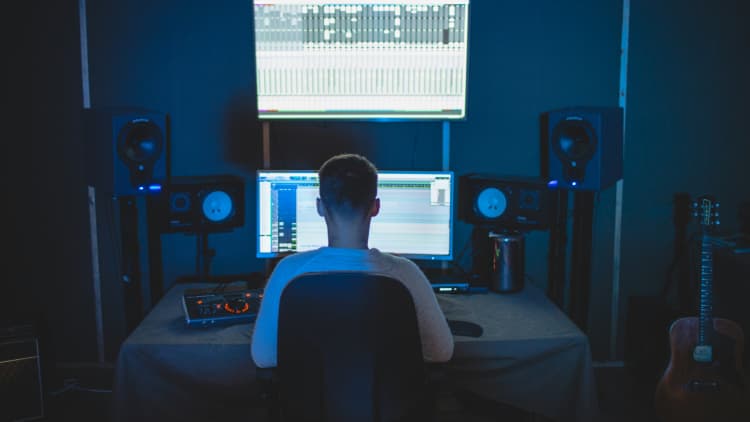
It simply follows certain patterns and abstractions, which at times generate familiar-sounding music. Nevertheless, when AI is paired with artists, the magic happens. The human brings in creativity and emotion, while the AI throws in spontaneous ideas and new combinations. That way, they can generate something unique and exciting that the artist could not make alone.
Conclusion
AI has made great strides in music, able to compose, produce, suggest ideas, and even sing, making music creation more accessible for those without formal training or expensive gear. It speeds up workflows and offers inspiration with a click. However, AI still has limits—it can’t feel emotions, understand culture, or break creative norms like humans can, missing the soul that makes a song memorable.
Instead of fearing AI as a competitor, musicians should embrace it as a helpful tool to experiment, speed up production, and spark ideas, while focusing on the emotional, spiritual, and human aspects of music.
You can find out what is the most popular music through this
